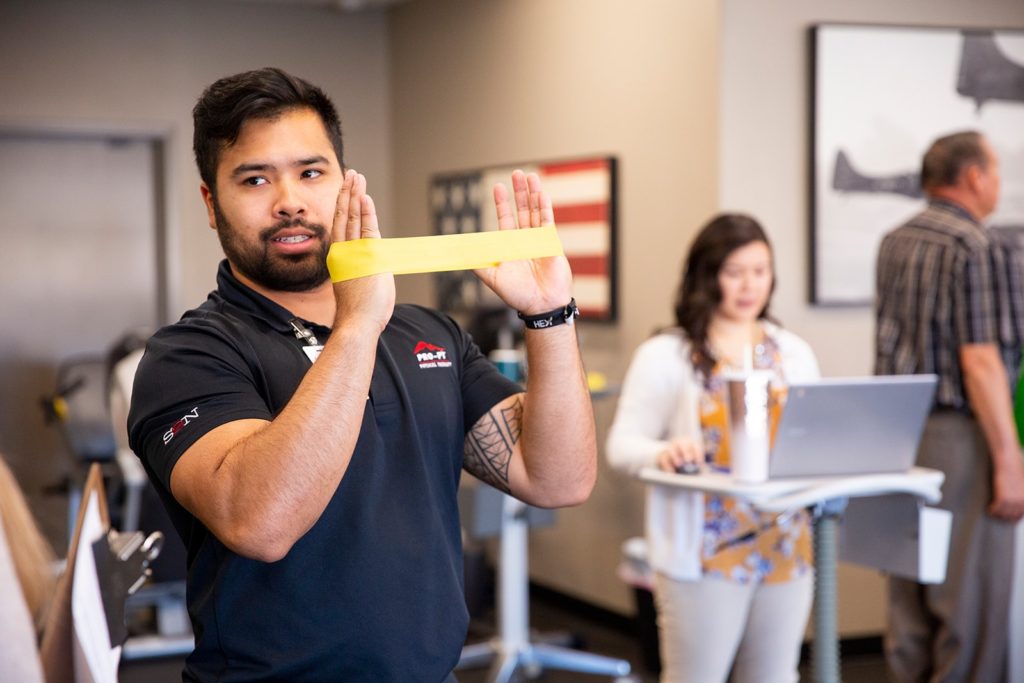Empowering Recovery Via Physical Therapy Post Surgery
Empowering Recovery Via Physical Therapy Post Surgery
Blog Article
Recovering from an operation can be a difficult journey, but rehabilitation therapy plays a vital role in helping individuals regain their power and mobility. After the procedure, the body needs a period to heal, and physical therapy provides a systematic approach to recovery. This process not only focuses on bodily rehabilitation but also highlights the significance of mental well-being. By participating in physical therapy, patients can enable themselves to take control of their recovery and enhance their overall quality of life.
Rehabilitation after surgery typically starts with an assessment by a licensed physical therapist. This professional assesses the patient's condition, including their scope of motion, power, and discomfort levels. Based on this evaluation, a customized treatment plan is developed. This plan may consist of workouts to improve flexibility, strength training to rebuild muscle, and techniques to enhance balance and coordination. The therapist will guide the patient through these exercises, making sure they are executed safely and efficiently. This customized approach helps patients advance at their own pace while addressing their specific needs.
One of the main benefits of rehabilitation is pain management. After surgery, many patients experience discomfort or pain, which can impede their ability to move and participate in daily activities. Physical therapists use various techniques, such as manual therapy, treatments like heat or ice, and specific exercises, to help reduce pain. By controlling pain efficiently, patients can participate more fully in their rehabilitation workouts, leading to quicker recovery. Additionally, understanding how to control pain can enable patients to assume an active role in their healing process.
Another important aspect of physical therapy is education. Patients are taught about their status, the recovery process, and the importance of adhering to their recovery program. This understanding helps patients understand what to expect during healing and the role they have in their own recovery. Physical therapists also provide guidance on how to adjust daily activities to prevent further injury and promote healing. This informative component encourages a sense of independence and assurance, allowing patients to feel more empowered of their recovery journey.
In summary, rehabilitation is an integral component of recovery after an operation. It not like this only assists in physical rehabilitation but also supports emotional and emotional well-being. Through personalized treatment plans, pain management methods, and informative support, physical therapy enables patients to manage of their recovery. By proactively engaging in their rehabilitation, individuals can recover their strength, improve their movement, and improve their overall standard of life. Embracing rehabilitation after surgery can result to a successful and fulfilling healing experience.